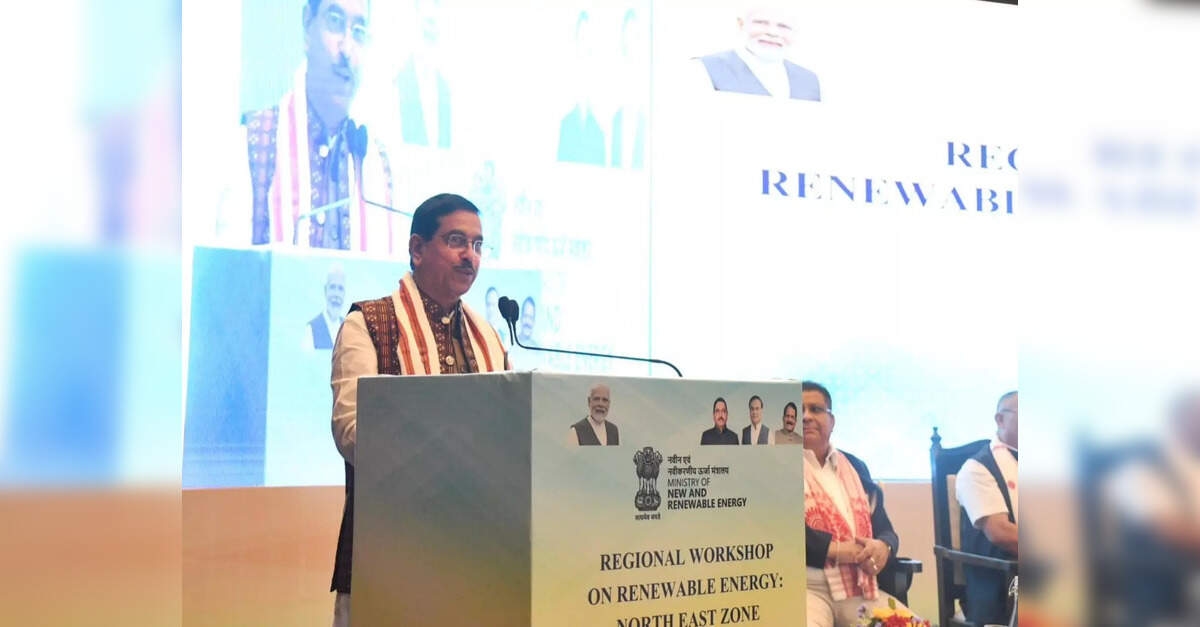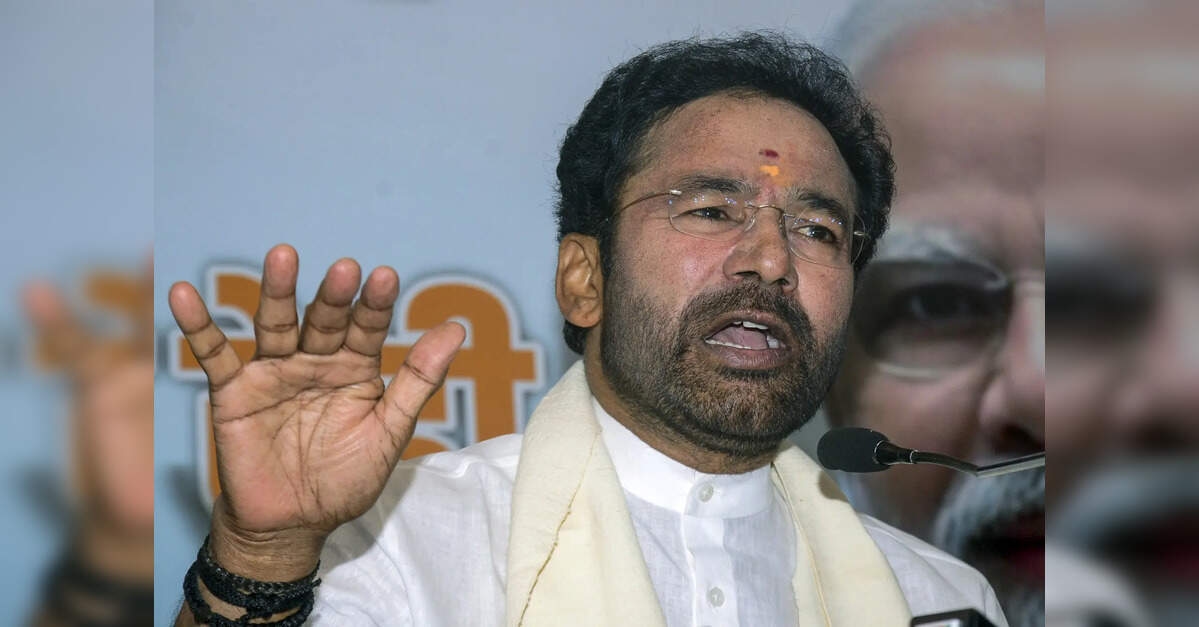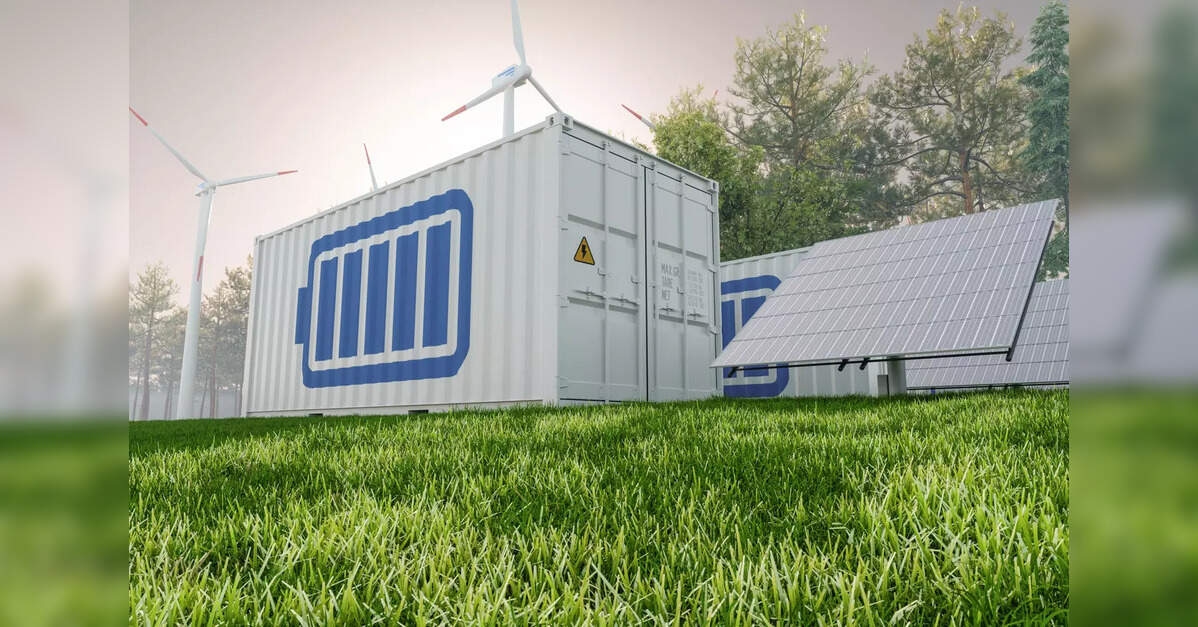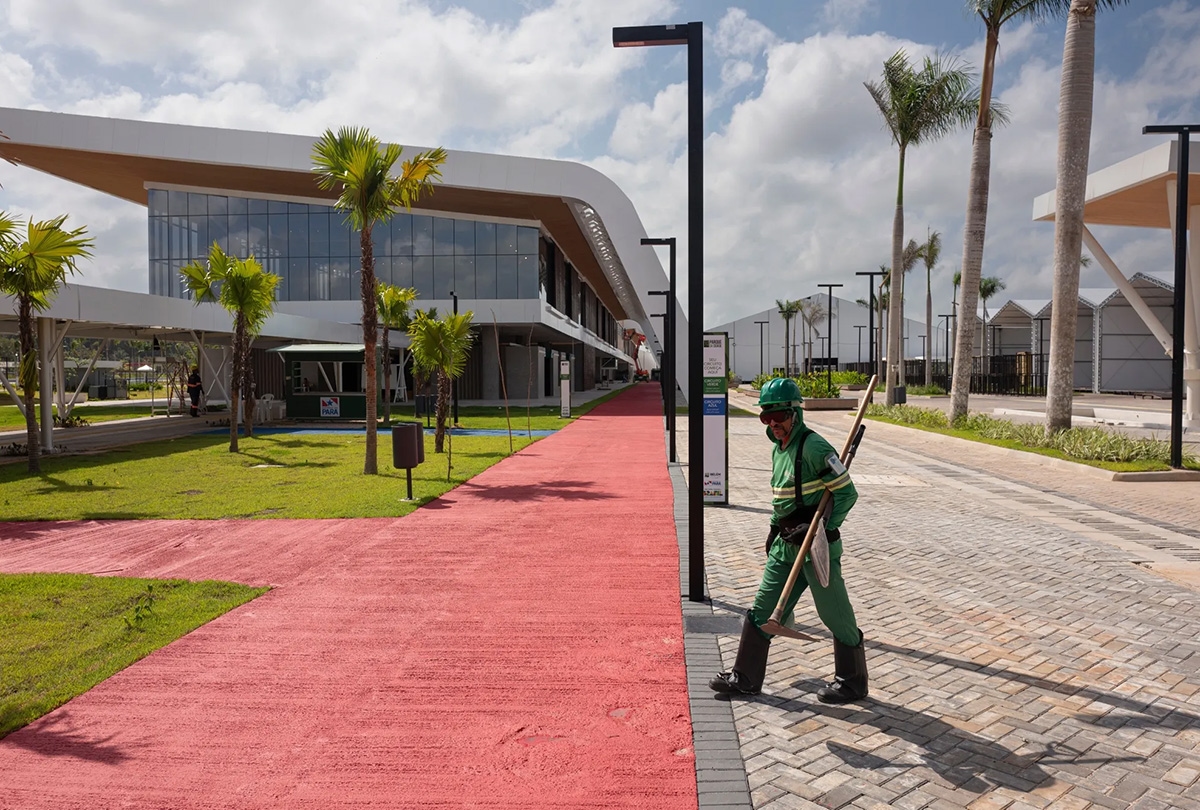Orban tries to lobby Trump for Russian oil sanctions exemption
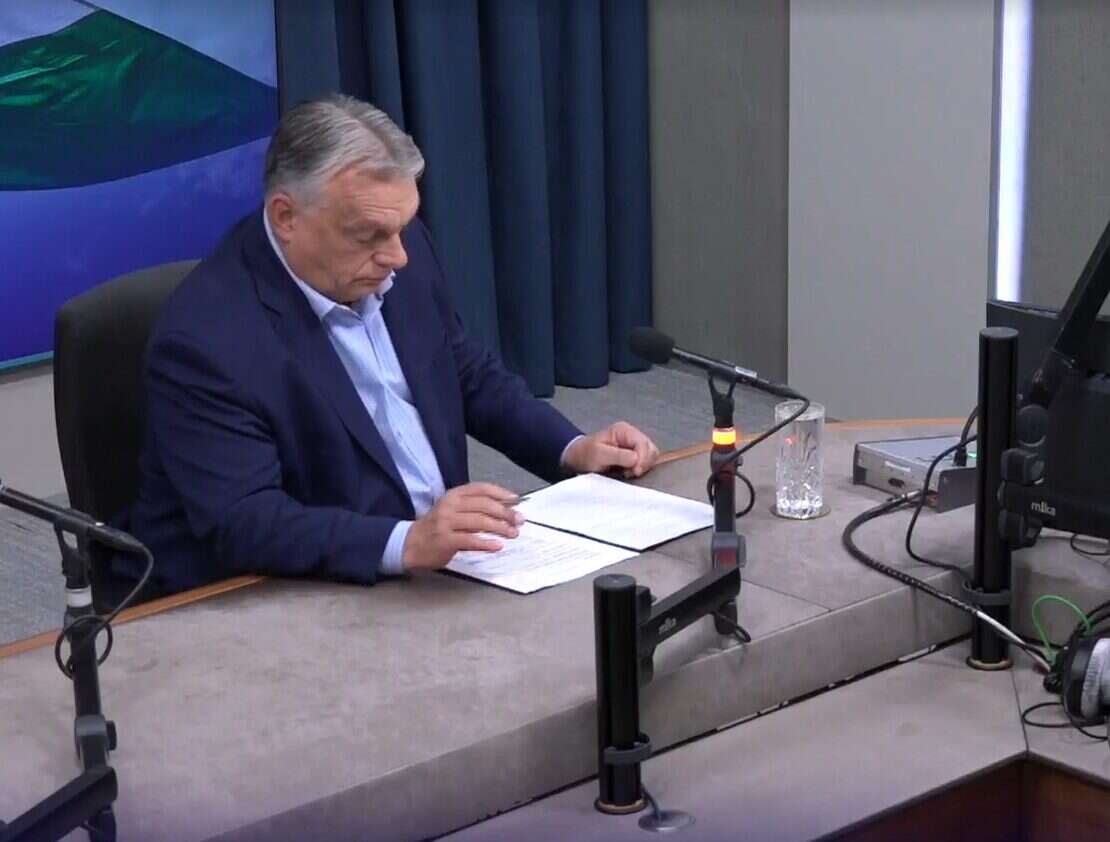
Hungarian Prime Minister Viktor Orbán said on the state radio on 31 October that he would urge President Donald Trump to exempt Hungary from new US sanctions on Russian oil companies Rosneft and Lukoil.
Orbán argued that “[he has to] convince the Americans”, that Hungary is a “landlocked country”, so in his view, Hungary has no practical alternative to the Druzhba pipeline, which currently supplies four-fifths of the country’s crude oil needs. He also noted that even Germany, a country with sea access, secured a waiver for the Rosneft-controlled Schwedt refinery. Orbán will raise the issue during his meeting with Trump on 7 November.
On 30 October, the Hungarian government also published draft amendments to its law on stockpiling crude oil and petroleum products, enabling authorities to establish standby fuel stations for critical services during supply crises: users essential to the functioning of the country can access fuel through this network of emergency refuelling stations. The amendment does not affect private consumers; it only applies to participants in the oil market.
Capacity or profit issues
Hungary’s largest energy company, MOL, is in dispute with Croatian Janaf about the maximum capacity of the Adria oil pipeline. Among others, MOL claims that the Adria pipeline is not a reliable alternative to the Russian supply routes. On 30 October, Croatian Prime Minister Andrej Plenković claimed that the pipeline’s capacity is not a real issue, but the transport prices are.
“The capacities of the Croatian oil pipeline are such that without any problems, confirmed and verified, it can annually supply 15 million tons of crude oil to both the refinery in Százhalombatta, whose maximum capacity is 8.1 million tons, and the refinery in Bratislava, whose maximum capacity is 6.1 or 6.2 million tons,” he said.
In 2022, MOL achieved massive record profits, primarily thanks to its downstream segment and the Brent‑Ural spread. The Hungarian state also receives substantial extra revenue from MOL’s profits, including through a special tax tailored to the company and to the Brent-Ural spread.
Ceenergynews recently interviewed Hungarian Energy Minister Csaba Lantos. Among other things, he said that, “under the conditions known today, there is no alternative that can compete with Russian sources in terms of capacity and cost.” He also stated that Hungary has never opposed increasing the capacity of the Adria pipeline and, as he says, is open to paying transit fees in line with the EU average.
ceenergynews





